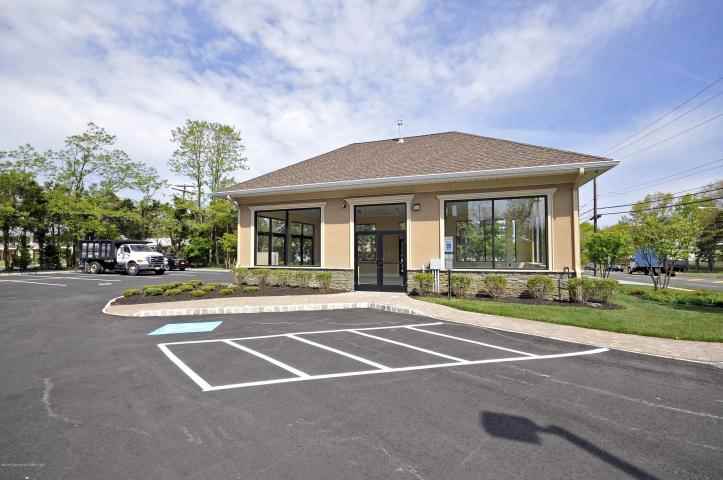Over the years, research into addiction has discovered that there are several gender differences in addiction. One significant difference is in the types of substances the two genders tend to abuse. For example, men are more likely to abuse alcohol and illegal narcotics as a means of gaining social acceptance. On the other hand, women are more likely to become addicted to prescription drugs. They begin taking the drugs to treat a real condition, such as chronic pain or depression, but end up succumbing to the addictive nature of the prescription medications. As they become addicted, they need more of the drug and end up turning to illegal derivatives that provide the same benefits of the prescription drugs. While the ways in which men and women become addicted vary, they ultimately end up facing the same problems and often can\’t quit using without help.
There\’s also a difference in the reasons that men and women abuse drugs or alcohol. As previously mentioned, men begin using illegal drugs as a means of obtaining social acceptance. While this is true in the beginning, they may find that the drugs help alleviate certain mental health problems they may be experiencing. They feel better when they\’re high or drunk, so they tend to abuse substances more frequently, or use more of the substance for a longer lasting feeling of euphoria. While they\’re self-medicating, they don\’t realize that this is what\’s happening. Women are usually more consciously aware that they\’re self-medicating, because they begin using the drug as a means of alleviating an emotional or physical condition. Over time, they build up a tolerance to the drug, so they need more of it to obtain the same level of relief. They may not even realize how much more of the drug their using until their doctor begins questioning why they run through their prescriptions so quickly.
Gender Differences in the Recovery Process
The recovery process is also different for men and women, although this depends on the type of substance involved in the addiction. When it comes to alcohol abuse, men have a harder time getting clean than women, particularly because they experience more severe withdrawal symptoms. Since women don\’t experience withdrawal symptoms to the same degree as men, they find it easier to quit using. When it comes to drug abuse, the opposite is true. Women experience more severe symptoms of drug addiction and are usually more deeply affected. Women are more likely to experience liver and kidney problems, along with other physical damage that prolonged drug addiction can cause. Since women do experience more severe withdrawal symptoms for drugs, it\’s more common for them to overdose, as well. Adding to the likelihood of an overdose is the fact that women feel stress more acutely, which leads them to turn to drugs to alleviate stress more often.
Research has also found that men relapse less often than women, but there may be multiple factors contributing to the instances of relapse. Men are able to go through long periods of abstinence, particularly when they avoid the social settings that instigated their substance abuse. While they still struggle with urges to use, men have more success in staying sober by avoiding the triggers that initially caused them to use. This is different for women in that a pre-existing medical condition is usually the reason they start using prescription drugs. Unless that condition, or its symptoms, are treated alongside the addiction treatment, those triggers will still exist for female addicts. This may involve teaching a recovering addict new ways to cope with chronic pain, or providing her with ongoing therapy to treat her depression or another mental illness. Many facilities now offer psychological counseling to coincide with addiction treatment, so fewer women will relapse in their lifetimes.
While there are some differences in how addiction affects each gender, treatment can help any addict begin a path to recovery. The first step to a successful recovery is to call and ask for help. Contact us at 833-820-2922. We can answer any questions you may have and help you understand how our services can help you get clean and stay sober.

